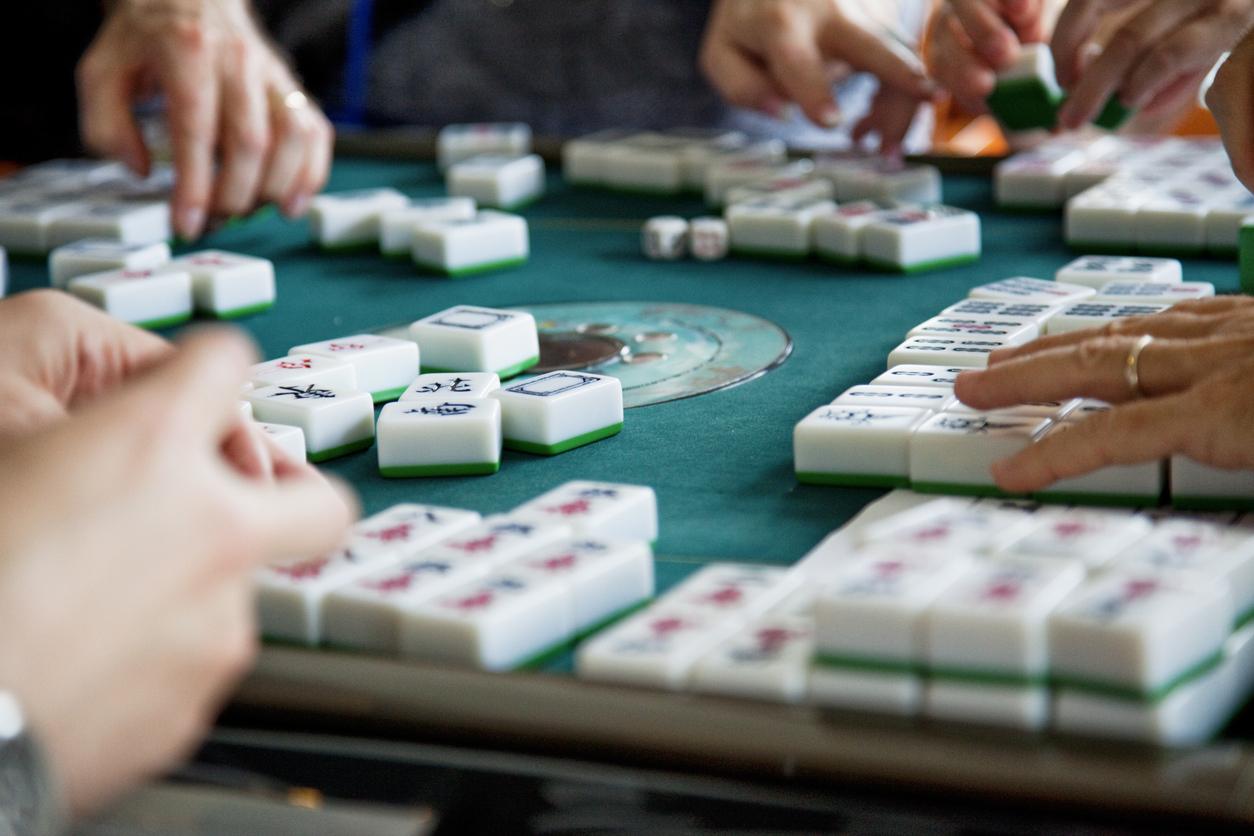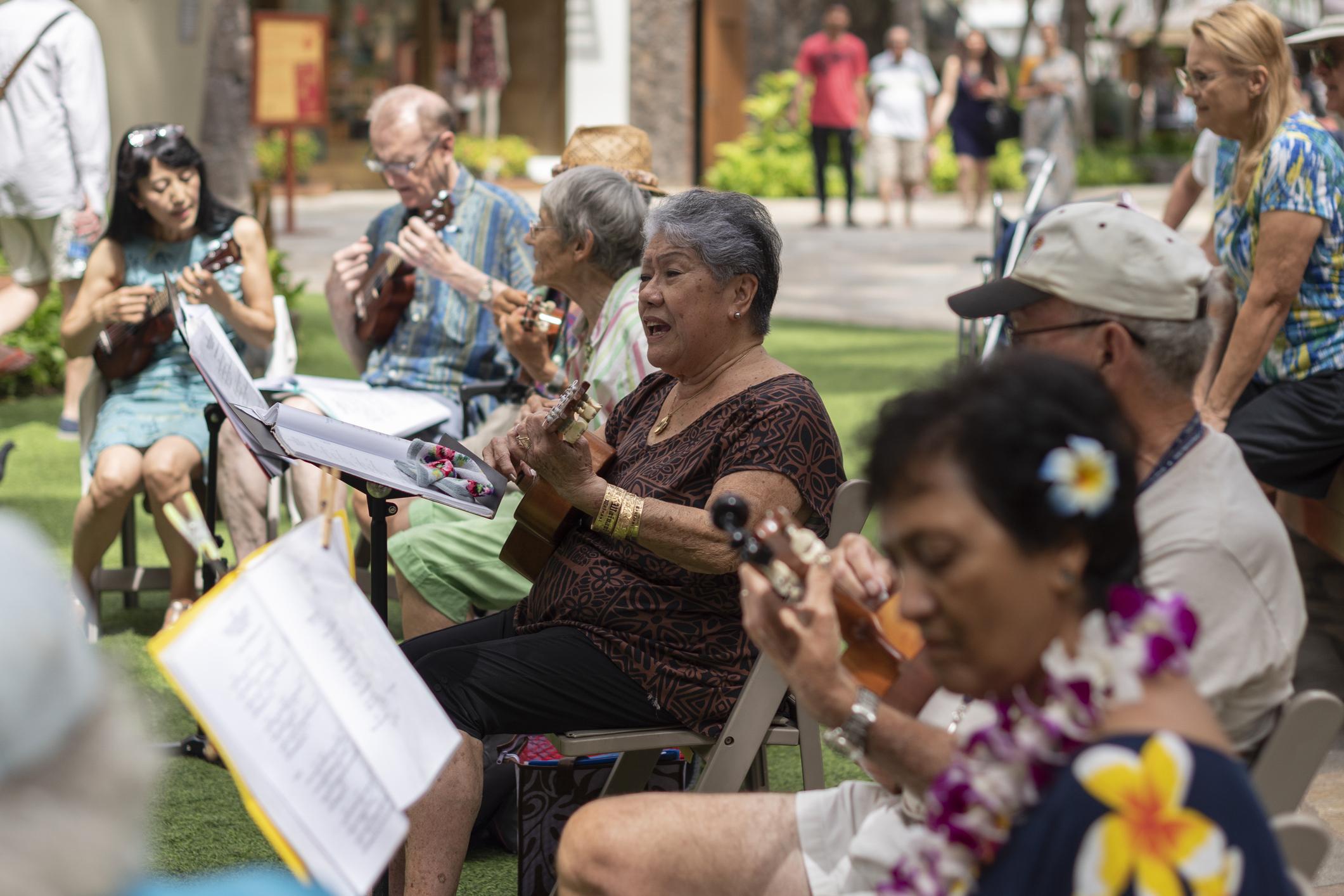Music to preserve the memory degraded by Alzheimer’s. Singing or listening to popular songs helps stabilize patients with the disease.

Singing against Alzheimer’s can be effective. Choir activities and other chants help stimulate the memory of patients with early forms of the disease. This is the result of a small double-blind clinical trial conducted by the University of Helsinki (Finland). The conclusions, published in the Journal of Alzheimer’s Disease, distinguish two methods to be applied according to the stage of dementia.
89 pairs of volunteers were recruited for this study: patients with mild to moderate dementia, and their caregiver. The work, carried out double blind, randomly divided the participants into three groups: those who participated in singing activities, those who joined a group listening to popular songs. The last group constituted the “control” and benefited from conventional care. In all cases, the intervention lasted 10 weeks. The objective, for the researchers, was to determine if the mode of management and the characteristics of a patient influence or not the benefit of music.
Helpful listening at an advanced stage
Several studies have already demonstrated the interest of music therapy in Alzheimer’s. This approach improves working memory, executive functions and orientation. It also helps soothe depressive symptoms compared to traditional treatments, the Finnish team concluded after a first 9-month study.
In this publication, the authors show that not all patients derive the same benefit from the technique. In young patients (under 80 years old) with an early form of Alzheimer’s, singing is particularly useful. It preserves, as observed before, working memory, executive functions and orientation. And these benefits can be seen over 6 months! For patients at a more advanced stage, more passive forms of music therapy, such as listening, are more appropriate.
“In view of the increasing prevalence and burden of dementia around the world, and the limited healthcare resources from the public sector, for people with dementia and their supporting families, it is important to find alternative ways to preserve and to stimulate the cognitive, emotional and social well-being of this population, ”says Dr. Teppo Särkämö, who signs this publication. Music therapy, already used in certain French structures, seems a way of the future in this field.

.

















